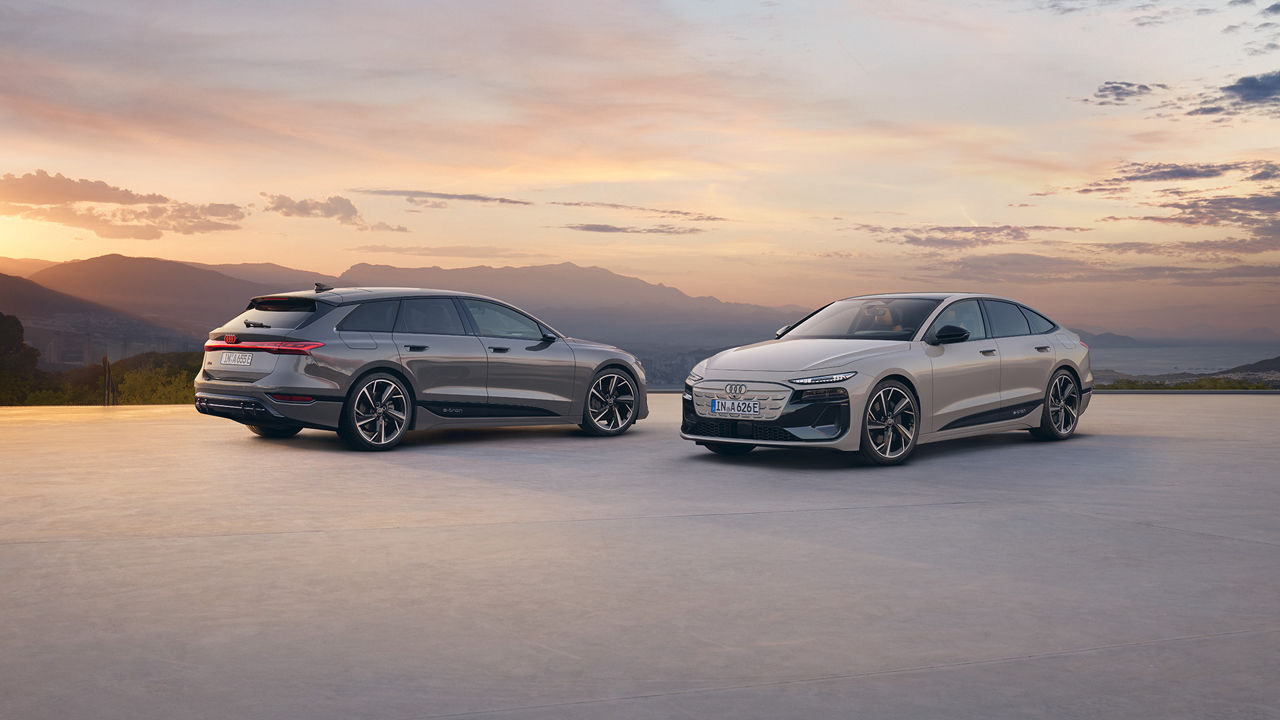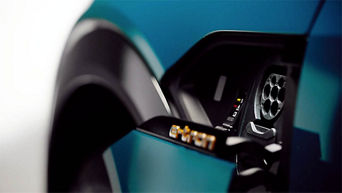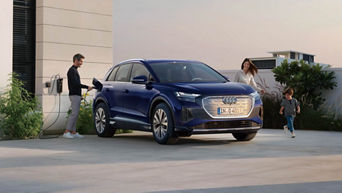
VGIE Environmental Mission Statement
The Volkswagen Group develops, produces and distributes motor vehicles worldwide, and has committed itself to becoming a leading provider of sustainable mobility. Our organisation commits itself to the continual improvement of the environmental compatibility of its products, its facilities and its services. Our Environmental compatibility centralises around the improvement of resources and the efficient use of energy consumption. This includes looking to low Co2 energy sources, the improvement of energy efficiency and the minimisation of pollutants. These central aspects are considered in this environmental policy. Volkswagen Group Ireland Limited (VGIE) is a partner for society and the environment. It is motivated to shape a socially and environmentally sustainable, positive environmental approach.
The “TOGETHER – Strategy 2025” depicts the vision of the Volkswagen Group evolving into a world-leading provider of sustainable mobility. In addition, the Volkswagen Group has particularly set itself the target of being a role model when it comes to environment. Through its Environment and Energy Management Policy, VGIE ensures that the environmental compatibility of its products, services and buildings are subjected to a continual improvement process, together with its suppliers, contractors, business partners and waste disposal companies. Energy efficiency and consistent energy savings are supported with targets and tracked. VGIE, therefore, aligns itself to the following principles:
1. Environmental protection at VGIE covers the entire lifecycle according to ISO14001 and regards environmental protection to water, soil, air and resources, along with the eco-design of their vehicles in accordance with ISO14006
2. The VGIE Environmental Committee monitors, according to the Group Policy Environment (KRL 17), the obligation to operate environmentally relevant facilities, to implement environmental management systems, and regularly checks the effectiveness of the management systems. VGIE ensures by internal regulations that the necessary information regarding environment and energy management is available, as well as the vital means for the continuity of the management system
3. The VGIE Board of Management regularly checks the compliance with this Environmental Policy and the attainment of the environment and energy targets. The Environmental Policy will be regularly verified and updated if required
4. VGIE commits itself with the continual improvement of energy-related performance
5. VGIE ensures that all its employees are informed, qualified and motivated to environment and energy management, in accordance with their tasks, fostering their participation
6. Transparent and credible information, as well as the open dialogue with our takeholders, are a matter of course for VGIE
7. VGIE, as a responsible member of society, works proactively with the epresentatives of political and public authorities at all levels, embracing social actions
Audi End-of-Life Statement
Raw materials and energy are limited assets on our planet. Their sustainable use is therefore a priority for Audi. It is important to progress towards a circular economy: at the end of its useful life, a product is no longer waste, but a source of materials that can be reutilised. Comprehensive environmental management is based on three factors; it starts with the design and production of vehicles, continues with the optimisation of Audi’s technical support and concludes with the correct use of the vehicle and its parts at the end of its useful life.
Sustainable use of end-of-life vehicles
For an optimal and respectful environmental treatment of vehicles at their end of life and in order to meet the legal obligations of the End-of-life vehicles Directive, Audi and other manufacturers have created the International Dismantling Information System (IDIS), which provides pre-treatment and dismantling information for the dismantling companies, so they can produce the minimum amount of environmental impact. This database contains specific instructions for the most adequate and environmentally friendly treatment of each model – including the disposal of fluids such as oil, fuel, and cooling liquids – and the dismantling of the main recyclable parts.
ELV Directive
The ELV Directive sets clear targets for vehicle reuse, recycling and recovery and aims to
- prevent and limit waste from end-of-life vehicles and their components
- improve the environmental performance of all economic operators involved in the life-cycle of vehicles
A second life for Audi batteries
When an Audi e-tron reaches the end of its service life, its battery cells often still retain a high percentage of their original capacity. This means that, even after the vehicle has been dismantled, the battery cells can still be used for the purpose for which they were built – to store electricity as second-life power storage systems. These systems can serve, for example, as interim storage so that wind turbines and photovoltaic systems will no longer have to be taken from the grid when the generation of power spikes temporarily. Another possible use case, second-life battery storage systems can provide the energy required for quick-charging infrastructure at events, independently of local grid capacities.
Eventually, a used battery will no longer have the capacity to serve even such second-life applications. Then, they are finally dismantled into their individual components, following modern recycling concepts, and ultimately used again in new batteries. This is one of the purposes served by the Volkswagen Group’s pilot recycling facility for lithium-ion batteries in Salzgitter, Germany. In launching the pilot site, the Volkswagen Group is implementing yet another systematic step in its commitment to end-to-end sustainability along the entire value chain of high-voltage batteries. The aim is to close an industrialized recovery cycle for valuable raw materials such as lithium, nickel, manganese, and cobalt, in addition to aluminum, copper, and plastic, with a target recycling rate of upwards of 90 percent.
Volkswagen Group Ireland Ltd.
Block C
Liffey Valley Office Campus
Liffey Valley
Dublin 22
Ireland
Telephone 1800 713 760
www.audi.ie
Directors
W.S. Specht (Chairman)
C. Wentzel (Managing)
J. Sehm (German)
H. Lammerding (German)
Registered in Dublin
No. 436954
Registered Office:
Block C
Liffey Valley Office Campus
Dublin 22

